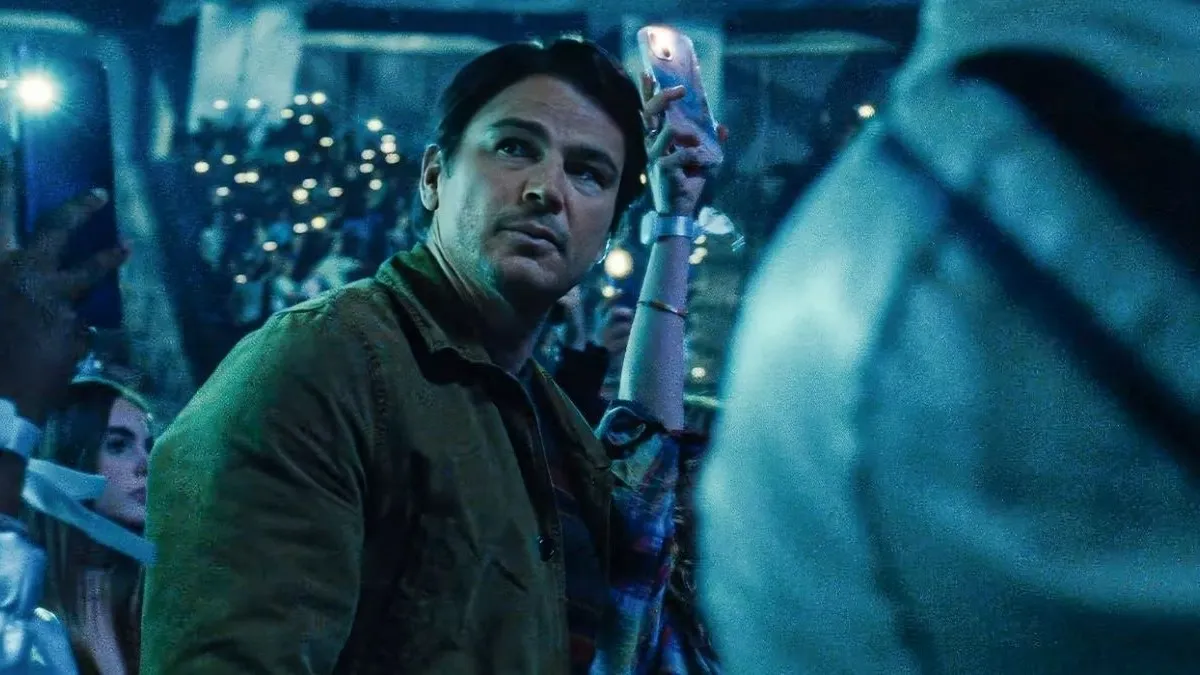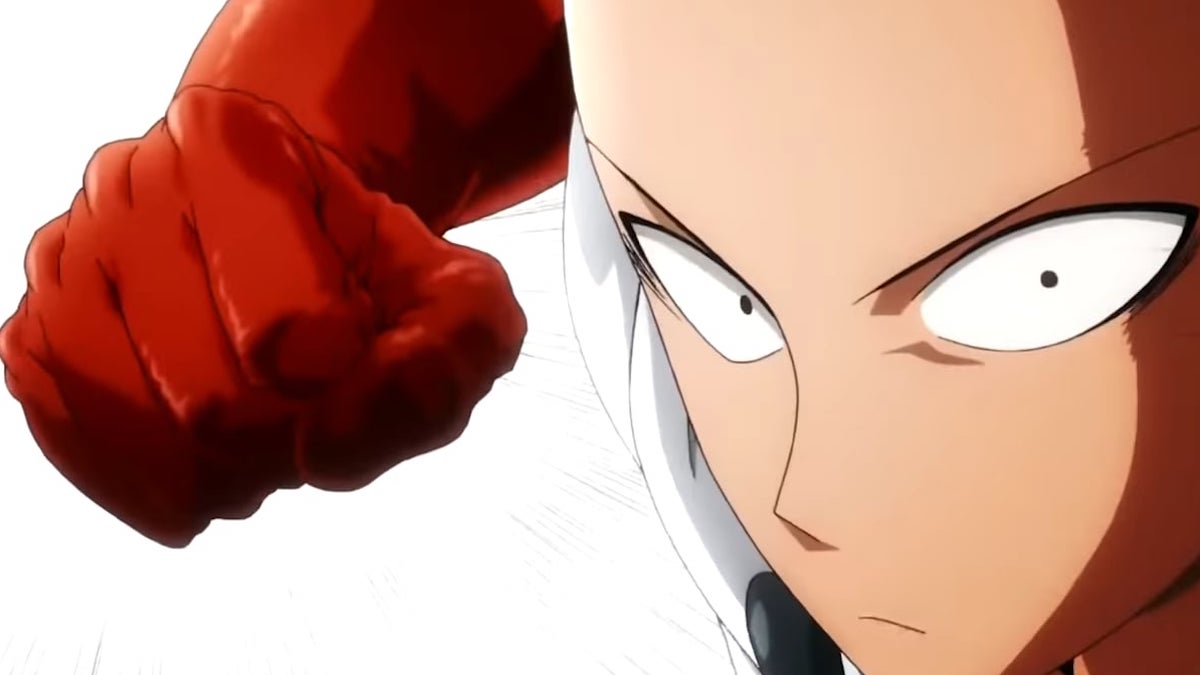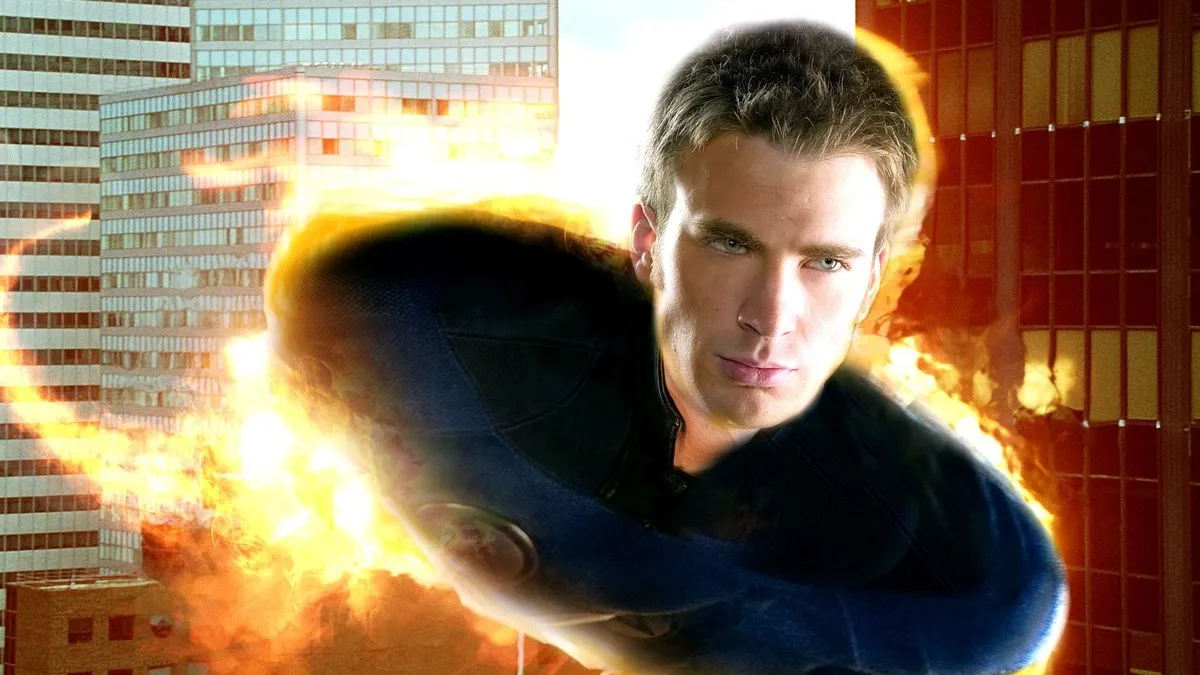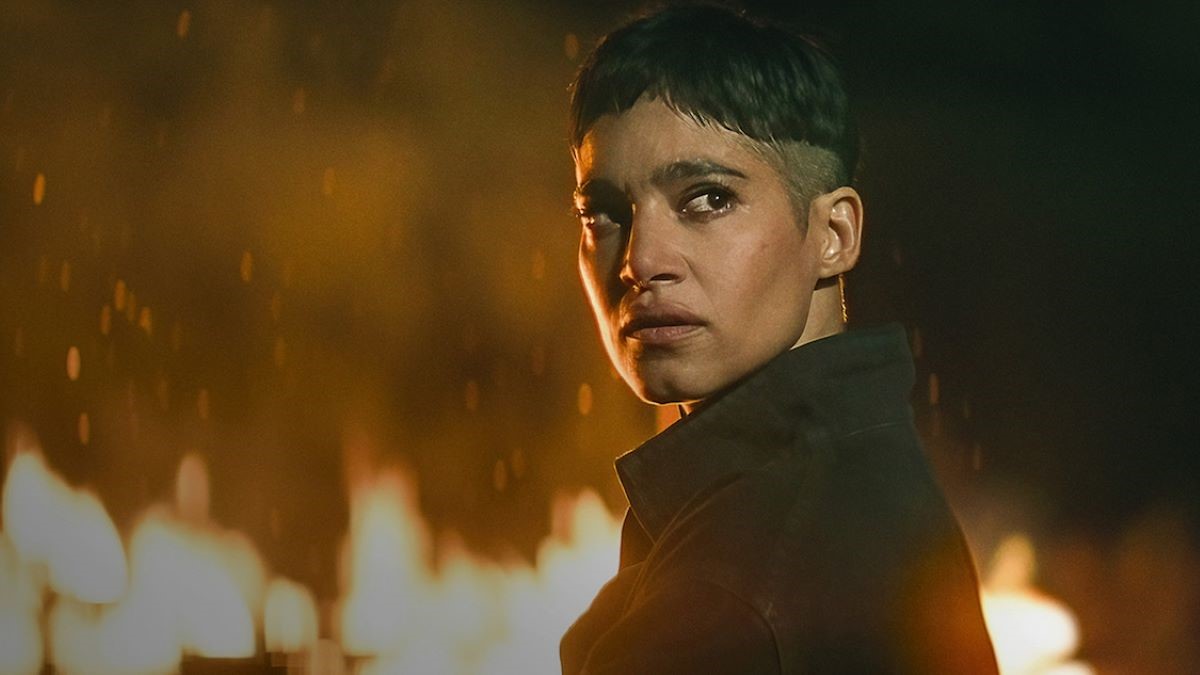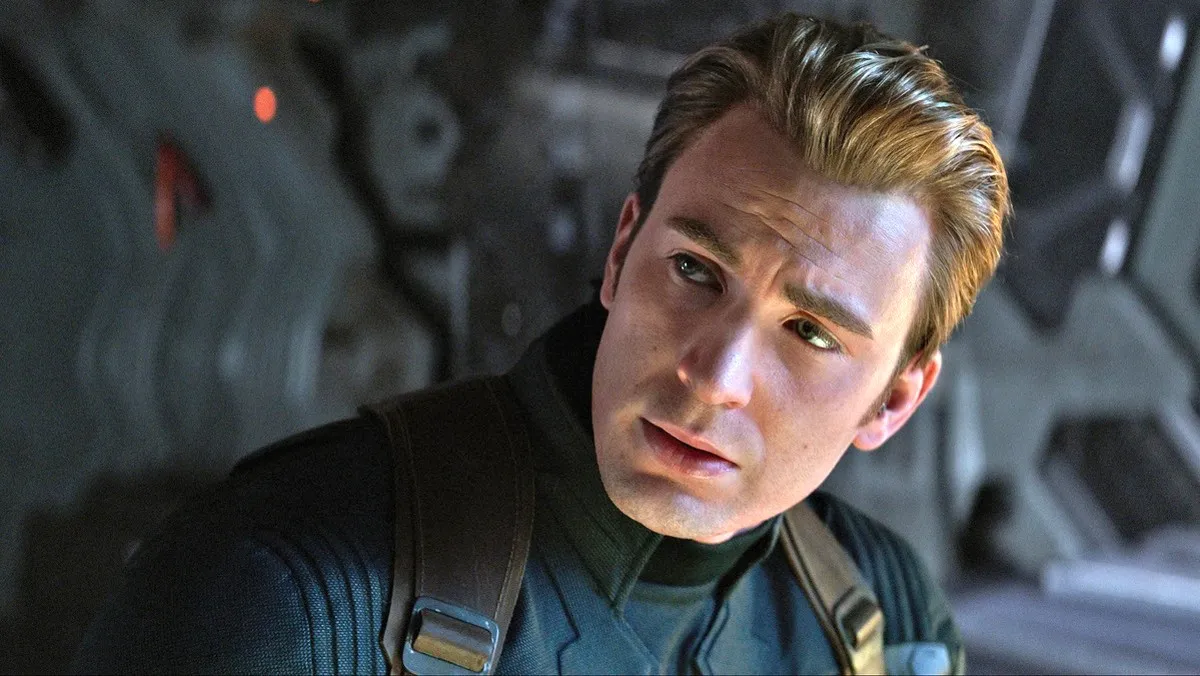
Ian Hultquist, best known for being a founding member of Passion Pit, has moved onto film composition, working on three features over the last couple of years that have played at South By Southwest and Sundance. You may know his work from Animals or Ivory Tower, but his latest project, the horror film The Diabolical, played at SXSW 2015.
After its premiere, we had a chance to sit down with Ian and discuss the project. During the course of our interview, we talked about how he got his start composing, some of his biggest influences, the importance of music to a horror film, and much more.
Check out the full interview below and enjoy!
WGTC: How’d you originally get involved with the project?
Hultquist: I had just started working with an agency for the first time early last year. This was the first project they brought to me. They had met Alistair Legrand the director and they thought I might be a good fit for it. It started with me having a phone call with Alistair to get to know each other a bit. Then he sent me a script and sent me the first five minutes of the film with temp music and I was immediately like, “Yes! I would love to work on this.”
I’m a big fan of composers that can go really big with their music, and I had never really had a chance to try that out before. I was really itching to make something kind of loud. Alistair was all about pushing the music as far as it can go.
When was the first film you composed?
Hultquist: Well, I did a lot of short films up until last year. I did my first two features around the same time. One was a documentary called The Ivory Tower and then one was a feature that was at South By last year called Animals.
Was composing something you always had your eye on?
Hultquist: I majored in film scoring at school. I’ve always been obsessed with film growing up, but I was never necessarily on the filmmaking side of things. I’d be in my room playing guitar and playing in bands. Once I graduated college, the band I was playing in took off and pretty much took over my life for the next couple years. Around 2011 I had a significant break and I started to realize that I missed scoring. I wanted to get back into that. So I would start doing any short film I could find. My wife was in grad school at NYU and we were living in New York so she would get little postings saying “Grad student needs music for thesis film” or something like that. That’d be the only way I’d know how to find stuff. It just kept going from there until I got to meet a few more people that brought me onto the first two features.
I have no facts to back this up, but I feel like the music in a horror film is more important than any other genre. It’s more of a focal point. How do you go about preparing something to be that involved in the film?
Hultquist: Honestly, I was really scared when I got this project. Because I realized that. I realized that music can make or break this movie. It definitely took me a while to start really making music for this. I spent a lot of time making sounds. I did a lot of sound design for it and had a lot of fun with that. I was creating a template of where I knew I wanted to go, but as far as actually writing the music, I was kind of scared I wasn’t going to pull off the jumps or something like that. Stuff I had never really done officially before.
I think one of the very first things I did was one of the first big jumps in the film. Last night Alistair called it the Jurassic Park moment. I think once I got past that, I was able to get past how to do the horror side of things and really focus on the emotional side of the story, which is actually really big in the film. No one realizes at first. That kind of took over in its own way. It’s this mix of a mother-son drama with a horror sci-fi backing to it.
Often times it seems cliche the way horror music works. It’ll cut out before the scare and people know. Did you try to do anything to subvert that?
Hultquist: I’d say the biggest thing about this film that’s different from any other film I’ve done, horror or not, is the music is loud. Alistair wanted the music really up in the mix. I think his original quote was, “I want music to punish the audience.” I had Frank Wolf do the surround mix for me. He’s done hundreds of movies and he said, “I think this may be one of the loudest dubs I’ve heard.” It was encroaching on Interstellar territory I’d say. It was an interesting thing to work on in all aspects. Having it be my first horror. Realizing it was more than a horror film when I got into it. Then the whole post production process was just kind of letting the music sing on top of everything else.
Were there any specific movies or composers you drew inspiration from?
Hultquist: Yeah, there were a few. Some specific ones were Mica Levi’s Under The Skin score and Johan Johannsson’s Prisoners score was a big one for me. But then there’s composers like M-83, Anthony Gonzalez, the big massive synth sound. Joseph Trapanese goes in with that. I really look at Nathan Johnson’s work a lot for sound design. Same goes with Rob Simonsen. Then of course there’s big guns like Hans Zimmer and Alexandre Desplat who always impress me with the sheer massiveness of the things they can do.
I feel like the go to for synth-horror scores has to be John Carpenter.
Hultquist: Oh yeah. I listened a little, not a ton for this. There was one cue in there that when I heard last night I was like, “Oh this is kind of Halloweenish.” I would love to do something that’s a straight Carpenter tribute. Have the score be more in line with that. This one went a little more epic and broader. I feel like Carpenter is a little smaller is scale in a way, but it still gives this intensely creepy impact. I’d love to work on something like that in the future.


